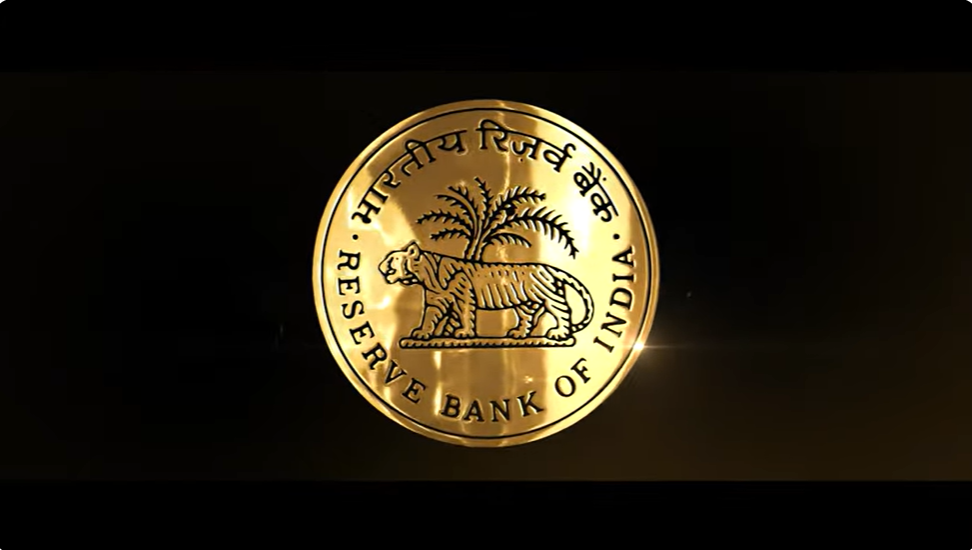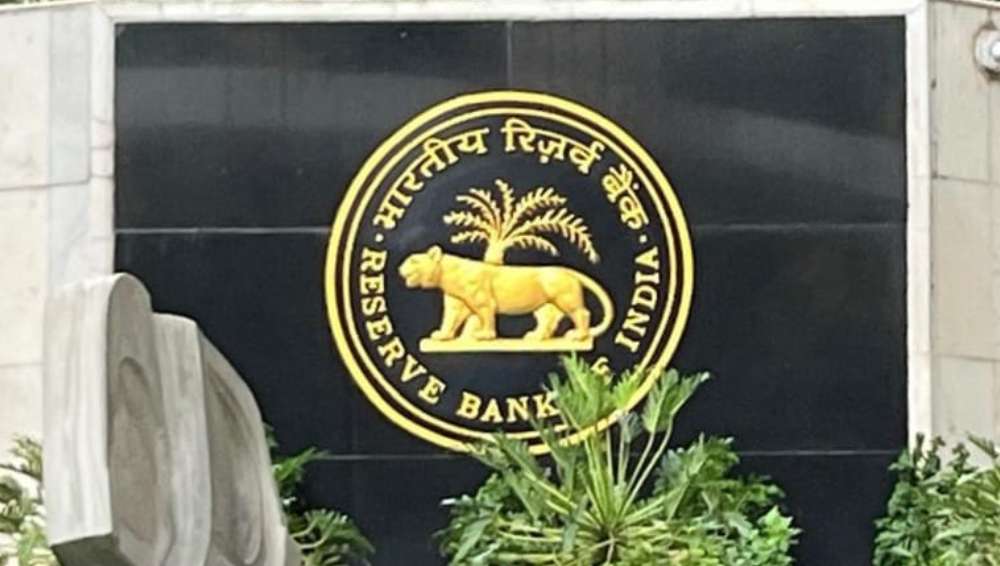

RBI bars fintech lenders Navi, DMI Finance, and others from issuing new loans
18 Oct 2024, 12:50 AMThis action, according to the RBI, is based on material supervisory concerns observed in the Pricing Policy of these companies.
Arti Singh
The Reserve Bank of India on Thursday barred Sachin Bansal-owned Navi Finserv and three other NBFCs (non-banking financial institutions) to "cease and desist" from sanction and disbursal of loans, effective October 21.
The banking regulator, in its statement, said, “The Reserve Bank of India has today, in exercise of its powers under Section 45L(1)(b) of the Reserve Bank of India Act, 1934, issued Directions to the following NBFCs to cease and desist from sanction and disbursal of loans, effective from close of business of October 21, 2024.”
The four NBFCs barred from disbursing loans include, DMI Finance, Navi Finserv, Asirvad Micro Finance Limited, and Arohan Financial Services Limited.
This action -- according to the RBI -- is based on material supervisory concerns observed in the Pricing Policy of these companies in terms of their Weighted Average Lending Rate (WALR) and the Interest Spread charged over their cost of funds, which are found to be excessive and not in adherence with the regulations.
The central bank said that over the last few months it has been sensitising its regulated entities through various channels on the need to use their regulatory freedom responsibly and ensure fair, reasonable and transparent pricing, especially for small value loans.
"However, unfair and usurious practices continued to be seen during the course of onsite examinations as well as from the data collected and analysed offsite," it added.
In addition to usurious pricing, these NBFCs were variously found to be in non-adherence with the regulatory guidelines on assessment of household income and consideration of existing / proposed monthly repayment obligations in respect of their microfinance loans. Deviations were also observed in respect of Income Recognition & Asset Classification (IR&AC) norms resulting in evergreening of loans, conduct of gold loan portfolio, mandated disclosure requirements on interest rates and fees, outsourcing of core financial services, etc.
These lenders also failed to follow the Fair Practices Code issued by the Reserve Bank.
According to the RBI, these business restrictions have been made effective from the close of business on October 21, 2024 to facilitate closure of transactions in the pipeline, if any.
"These business restrictions do not preclude these companies from servicing their existing customers and carrying out collection and recovery processes in accordance with the extant regulatory guidelines," it said.
These business restrictions will be reviewed upon receipt of confirmation from the companies regarding suitable remedial action having been taken to adhere to the regulatory guidelines at all times, more particularly their pricing policy, risk management processes, customer service and grievance redressal aspects, to the satisfaction of the Reserve Bank, the regulator added.
Commenting on the RBI's action, Navi Finserv issued a statement: "Navi Finserv Limited is committed to conducting its business operations with the highest standards of compliance, customer service, and transparency. The company is reviewing the directions received from the Hon’ble Reserve Bank of India and will work with them, and address all the concerns raised with promptness and completeness."
Navi Finserv's FY24 revenue from operations fell to Rs 1,906 crore from Rs 2,041 crore in FY23; and the interest income saw a 12.3% decline year-on-year. The company's operating profit declined by more than 50%, driven by a fall in collections and an increase in loan write-offs -- which surged 3.2X to Rs 406 crore in FY24 up from Rs 125 crore in FY23.
Apart from Navi being a popular digital lending platform, DMI Finance also works with several fintech lending platforms. In August this year, DMI raised funding from its existing investor Japan’s Mitsubishi UFJ Financial Group Inc. at a valuation of about $3 billion. MUFG was set to buy around $330 million of stock in the company, Bloomberg had then quoted DMI Finance co-founder Shivashish Chatterjee as saying.
On the other hand, Asirvad Micro Finance, the microfinance institution (MFI) owned by Manappuram Finance, was planning to do Rs 1500-crore IPO this year, but looks like the plans to list the entity has been deferred.
Asirvad Micro Finance, in a response, said, "We value the feedback provided by the honourable Reserve Bank of India and take on record the improvement areas suggested for Asirvad Microfinance. This matter has been immediately brought to the notice of our board and a meeting has been convened urgently to take immediate action. The Board has reiterated its unwavering commitment to implement RBI’s direction in letter and spirit and monitor the corrective action in a time bound plan. Additionally, the Board is committed towards ensuring continued and robust customer service support to our existing customers and we are sure that our actions will demonstrate our alignment to a ‘compliance first’ culture. We take these matters with utmost seriousness and we will remedy not only every observation made by the honourable Reserve Bank of India but will do a comprehensive review of the overall enterprise wide governance, risk management and regulatory compliance. We are working on a detailed plan and will submit the same to the honourable Reserve Bank of India within the stipulated timelines."
The author is Founder and Editor of The Head and Tale. She can be reached at
[email protected]
Tweets @artijourno











